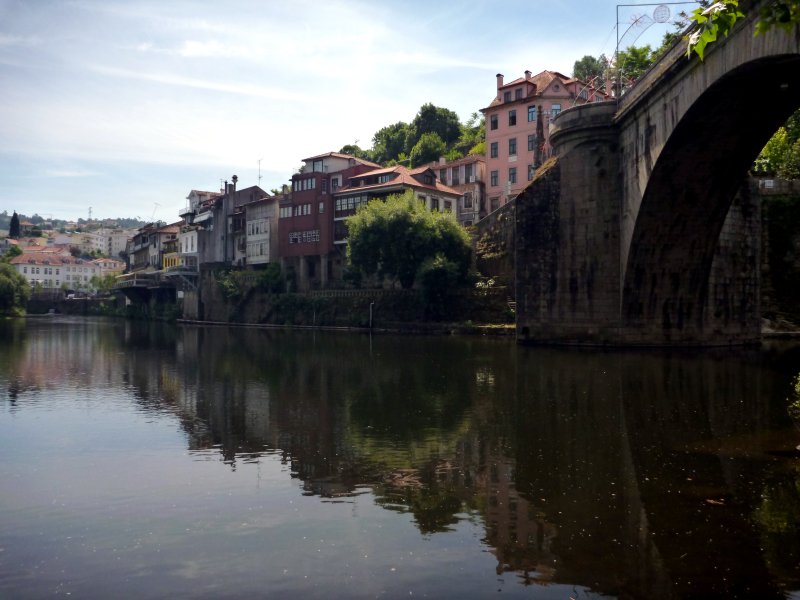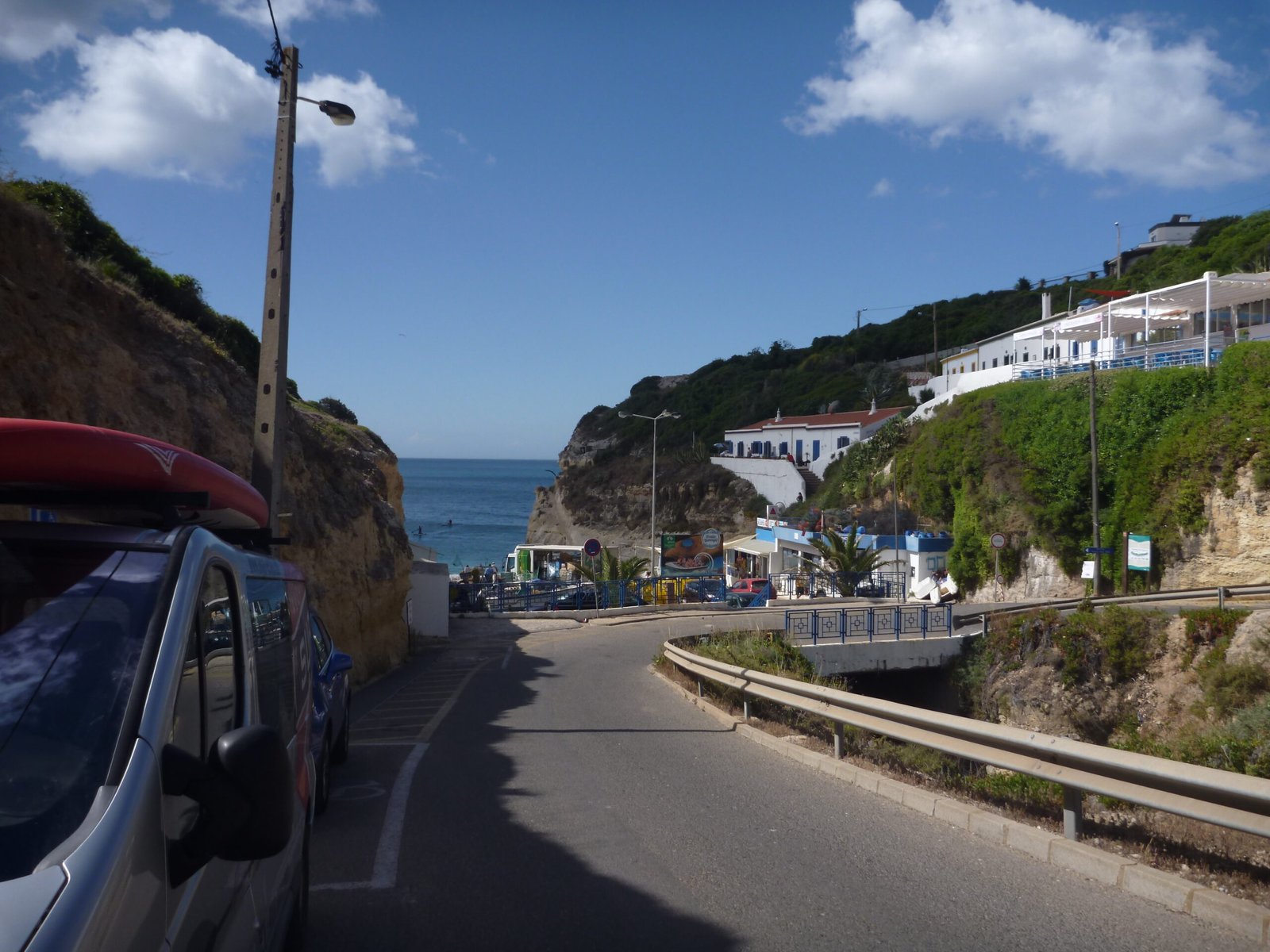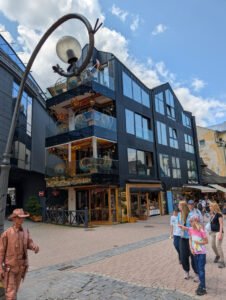Had breakfast at the Tavern terrace and headed out to Marvao. The town sits on a jutting crag with narrow lanes and whitewashed buildings. It sits less than 10km from the Spanish border which led to the development of a castle with cannons pointed to the East.
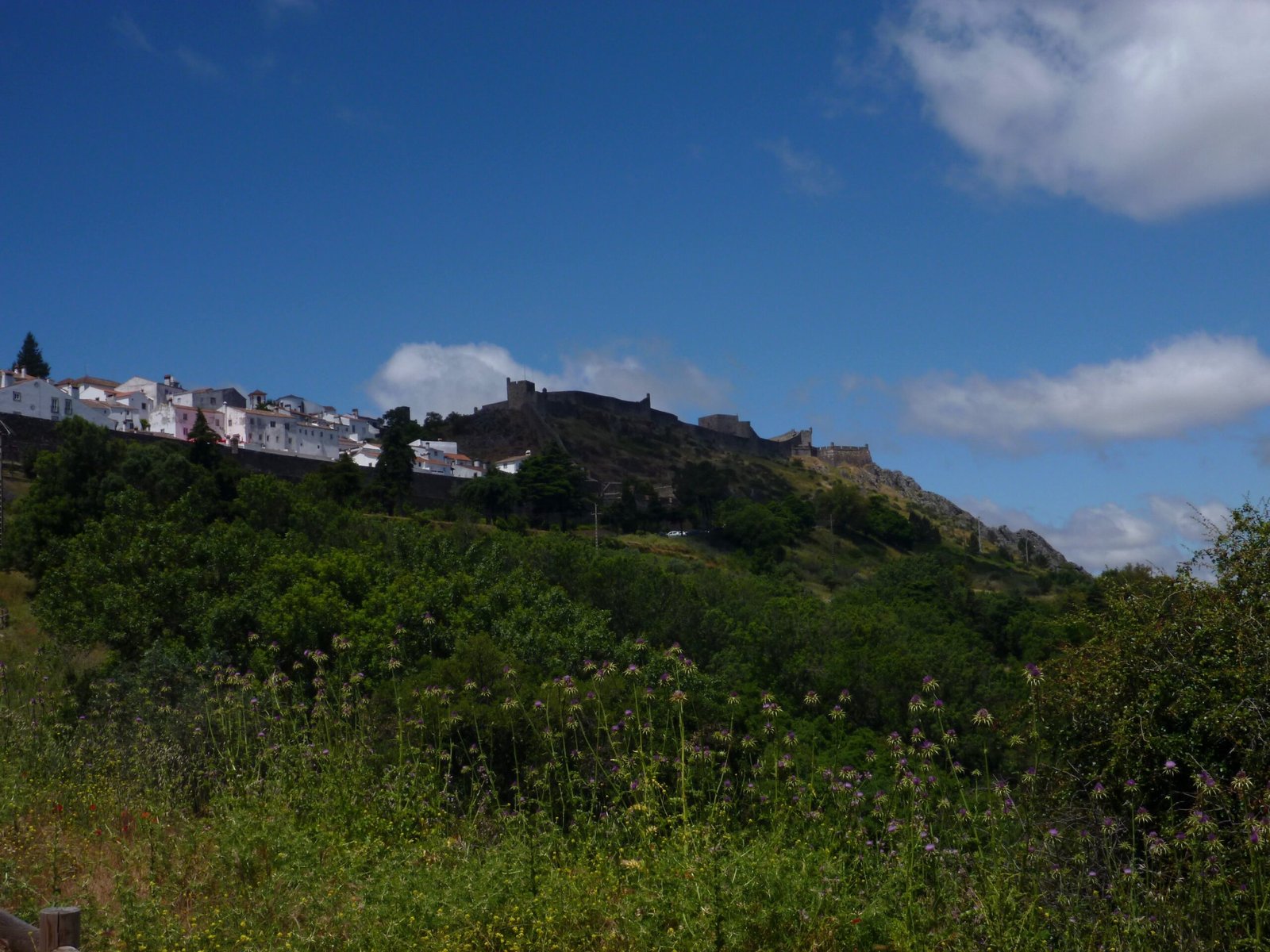
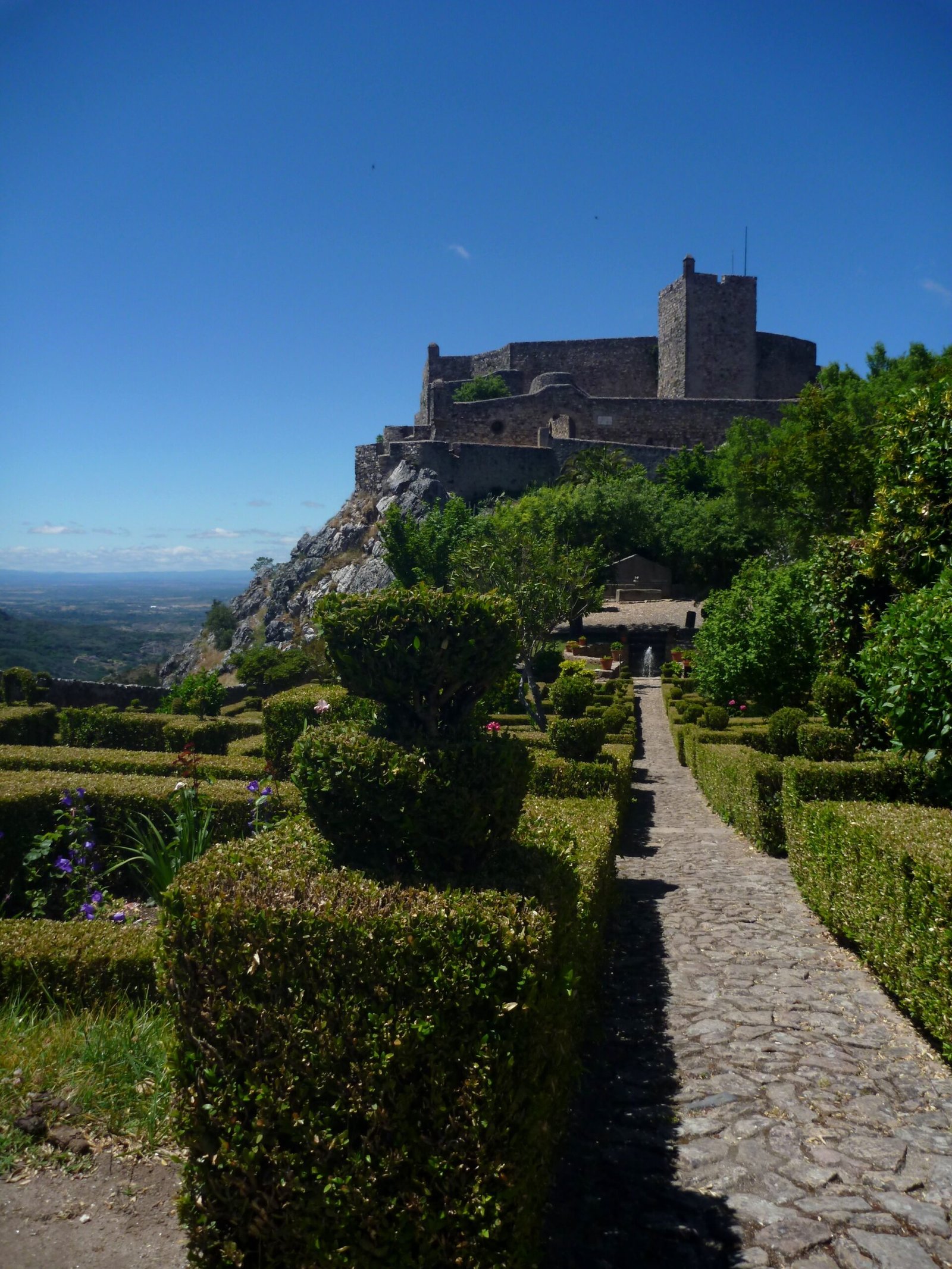

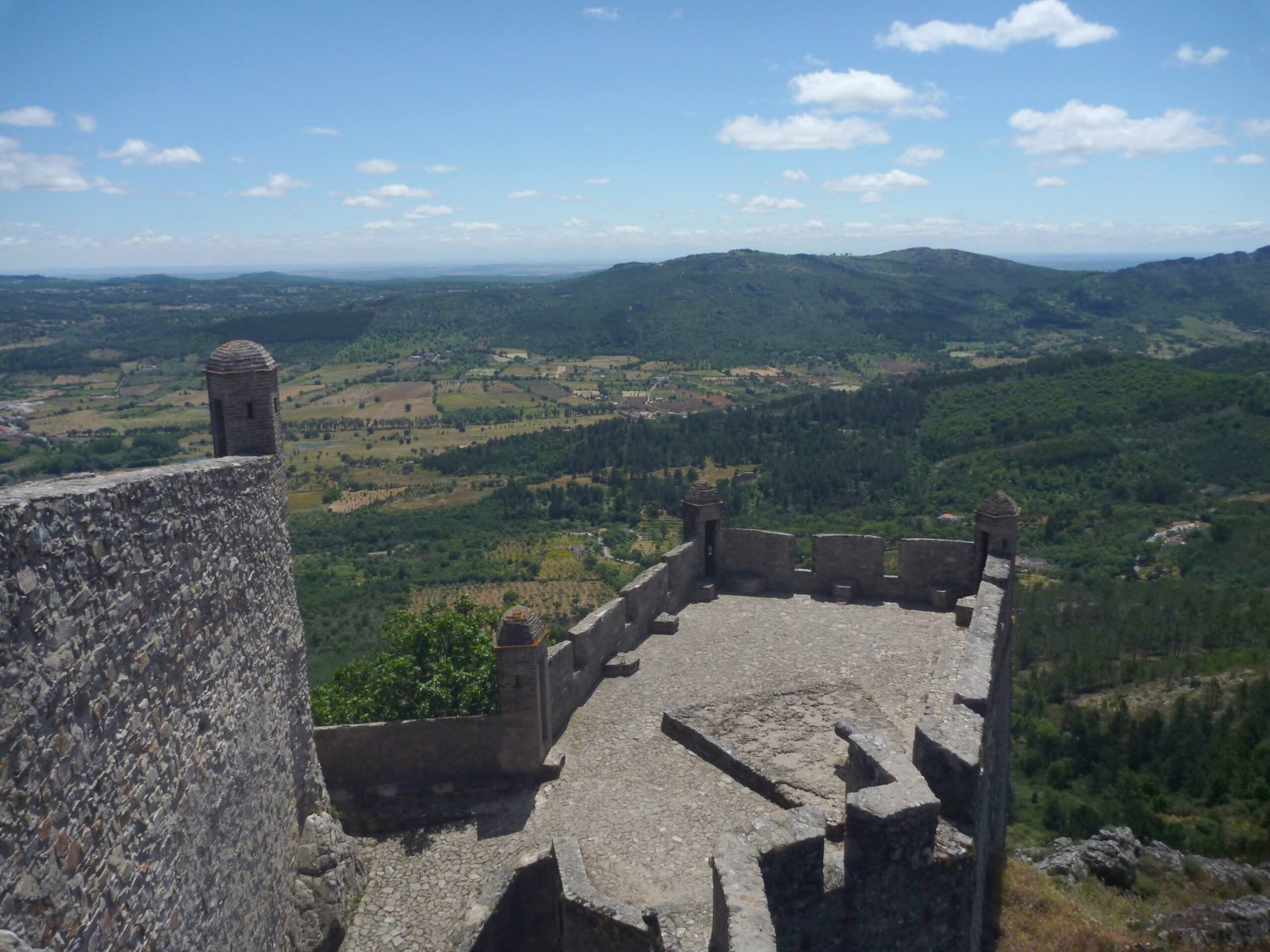
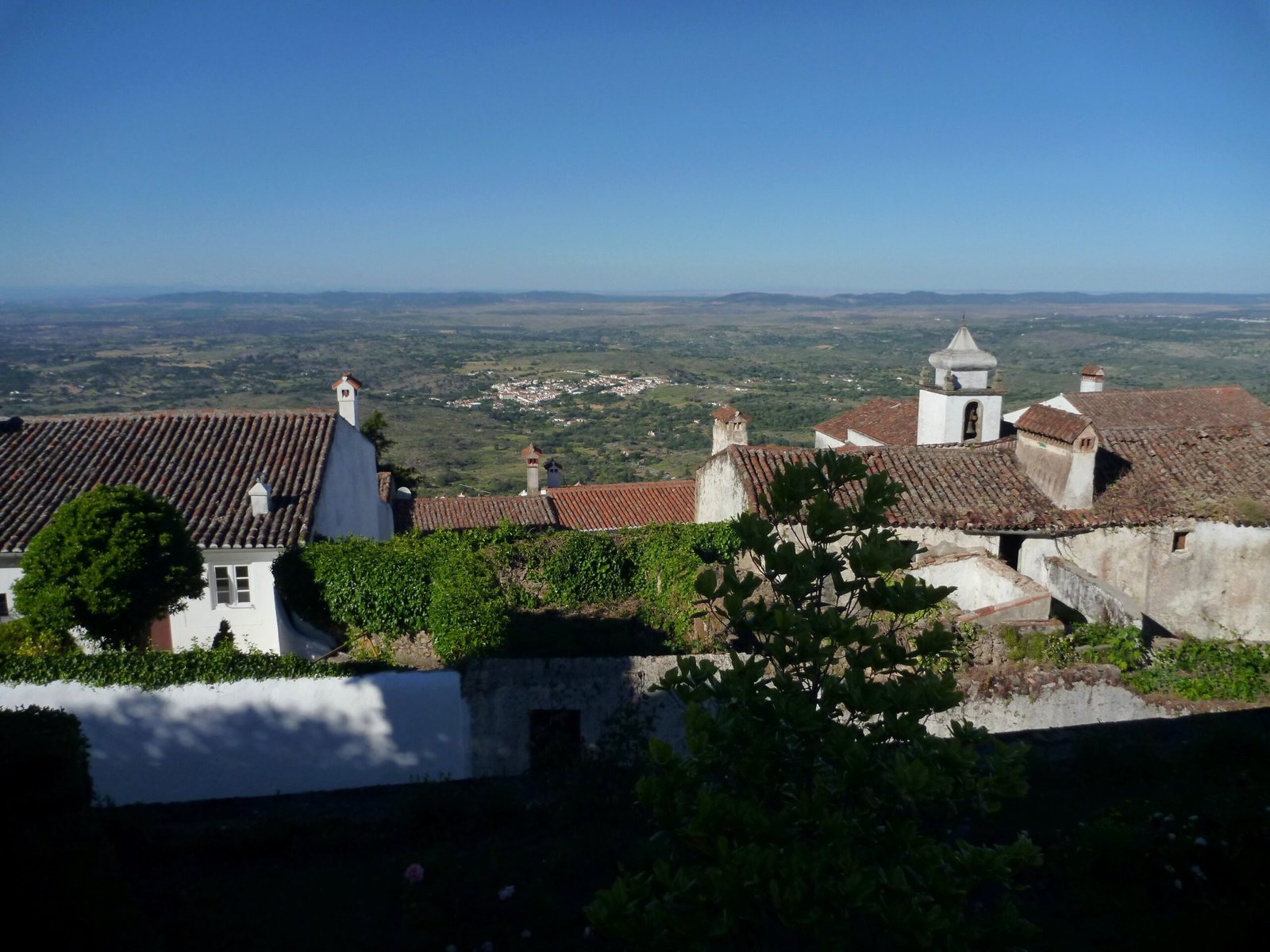
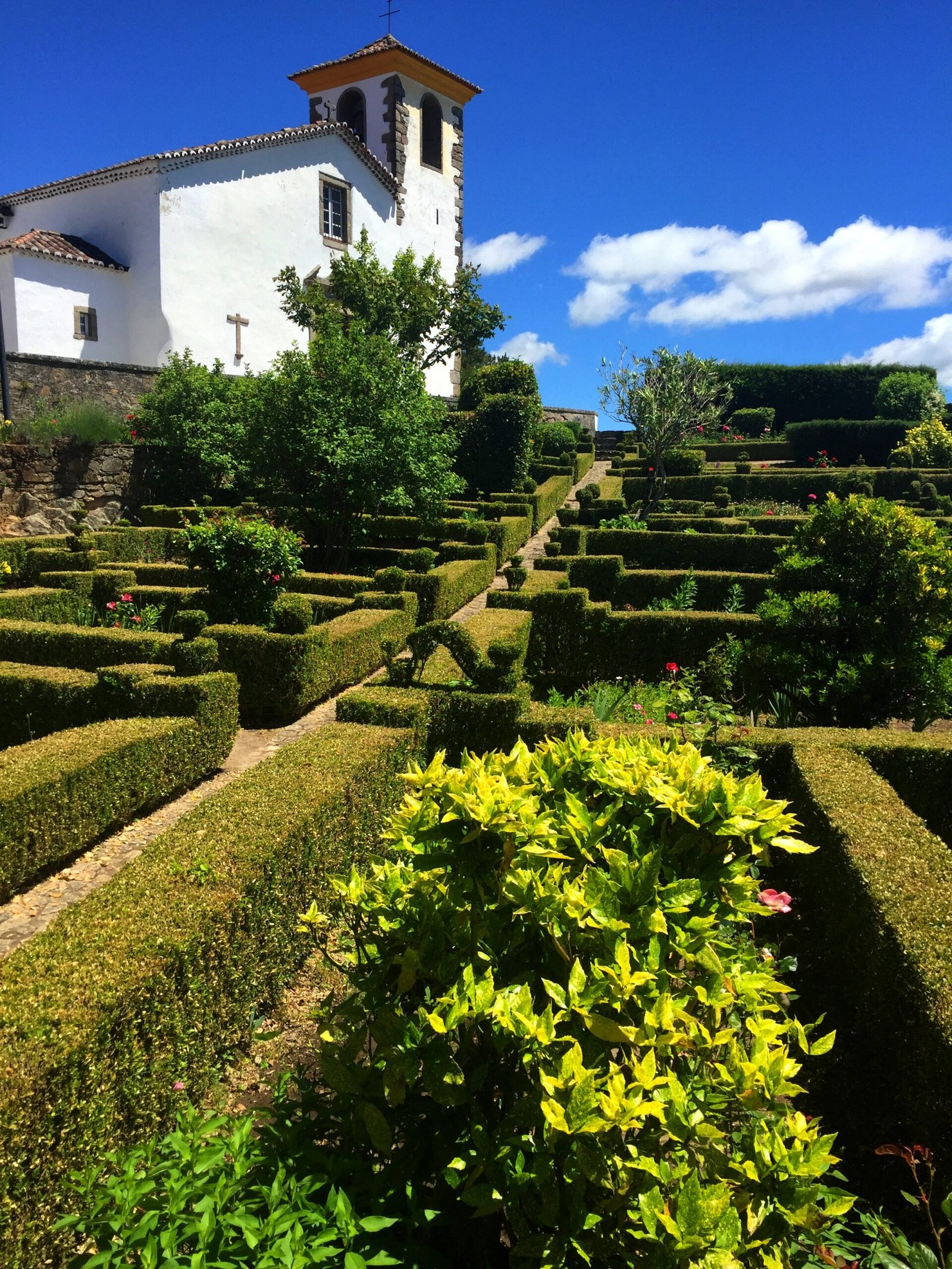
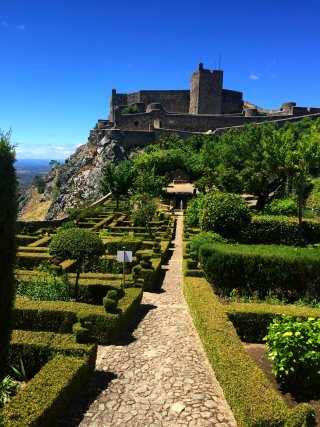
After settling into my lodging at Dom Dinis, I walked down the hill and circled the town much like I did yesterday. I was feeling a little stronger and tried to get some exercise before stuffing myself with bread
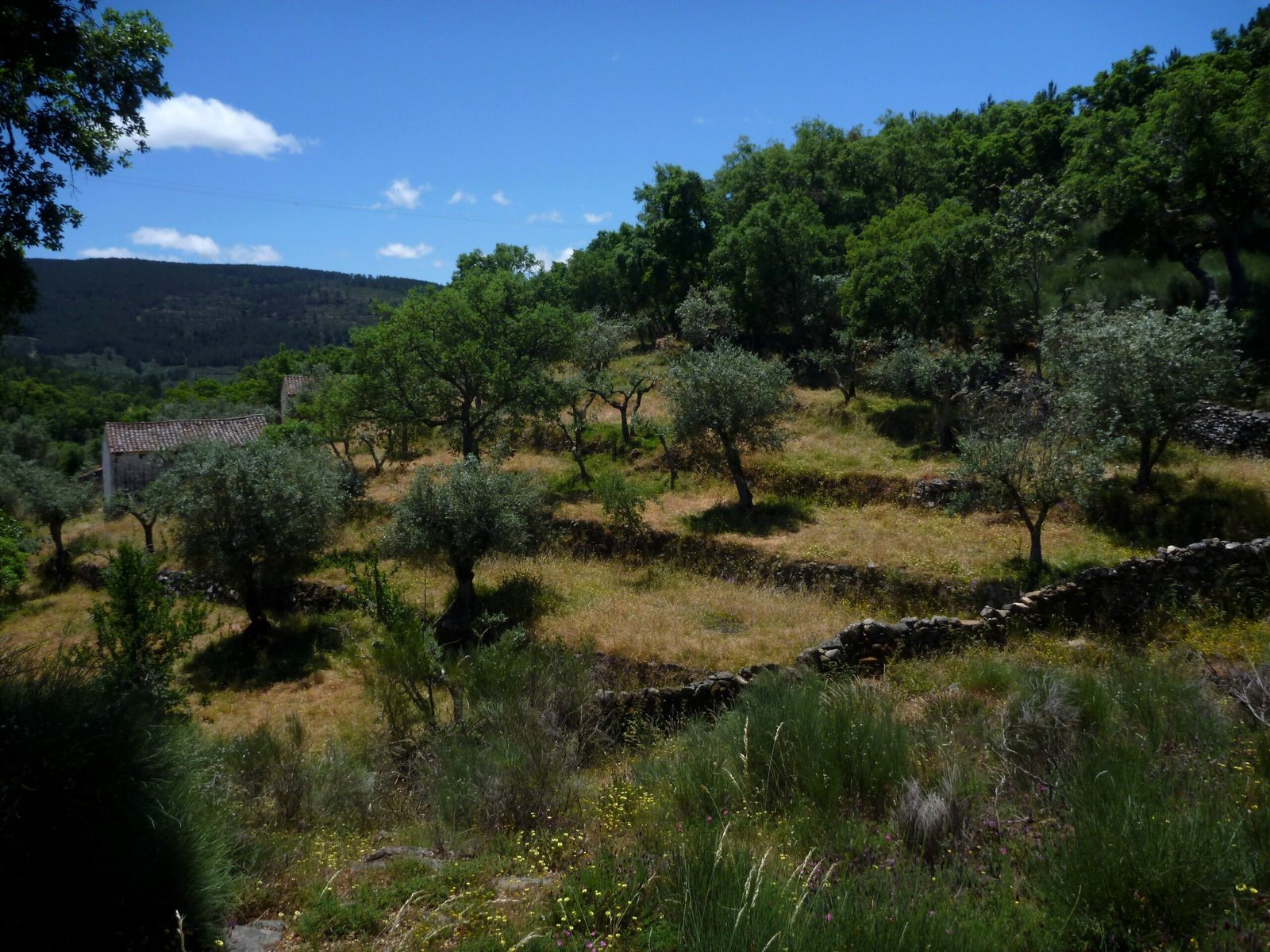


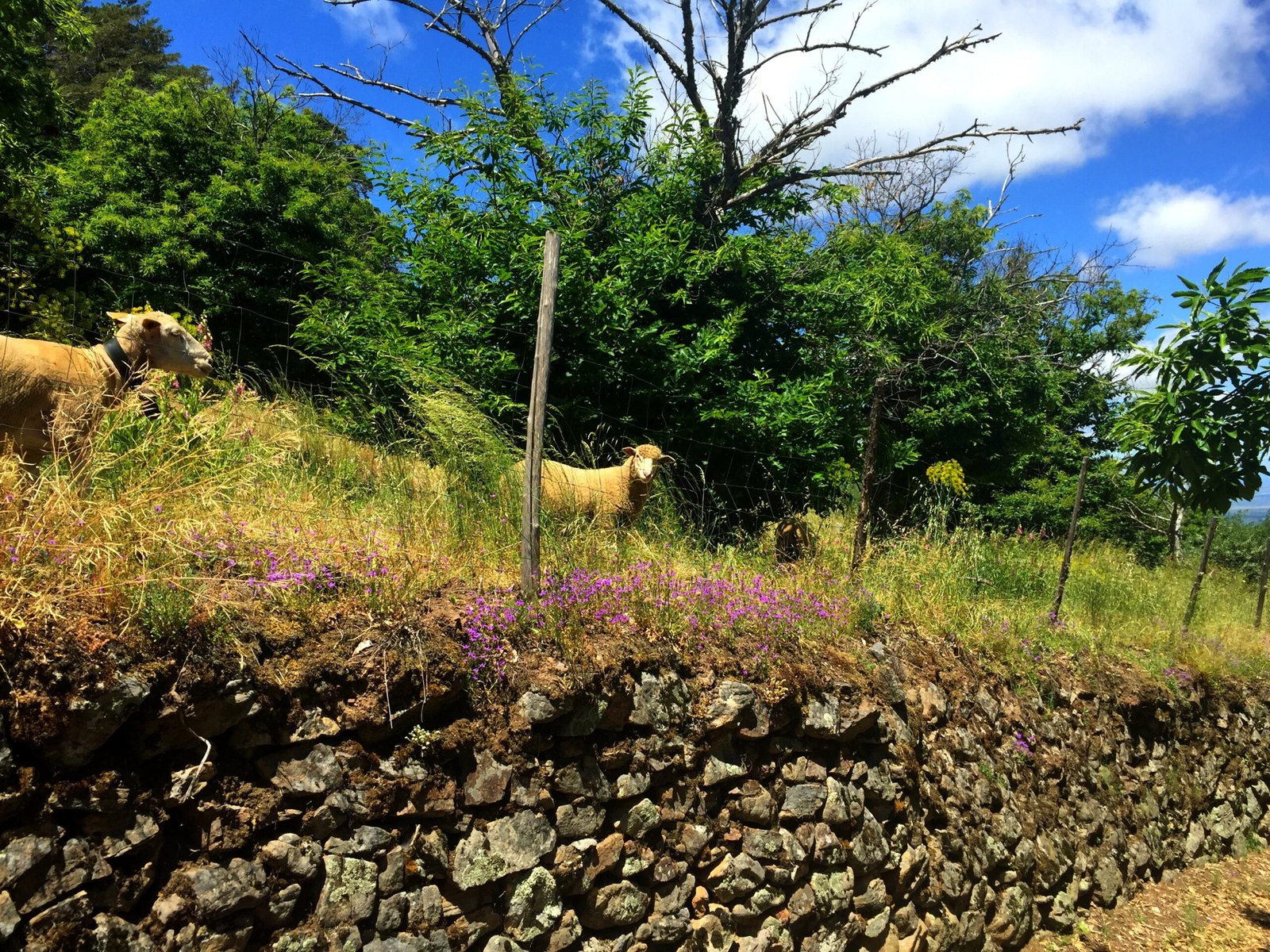
I took in a great mean of Lamb stew and relaxed outside a café until dark

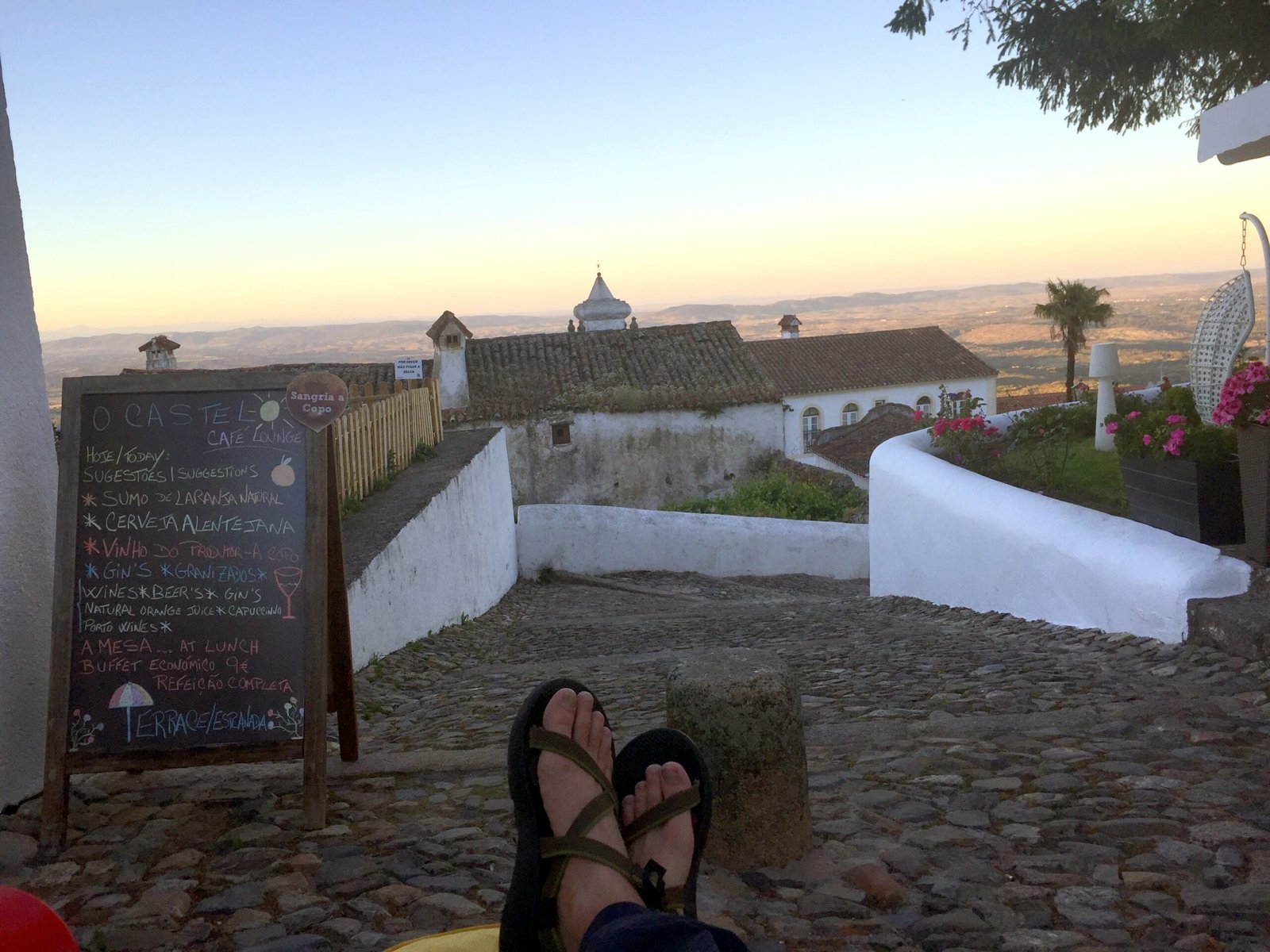
The next day I made my way to Evora. Before reaching the city I stopped at Cromeleque dos Almendres.
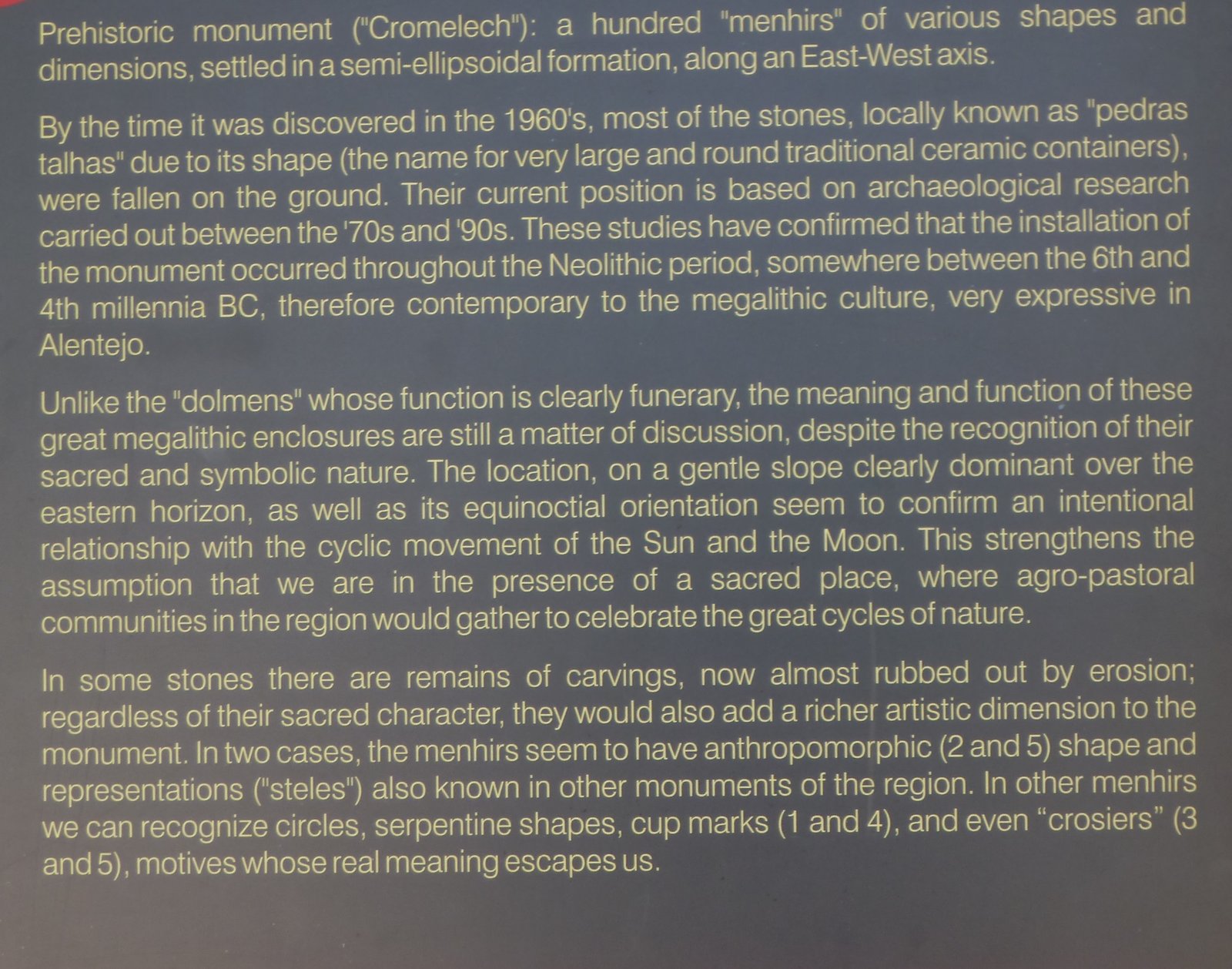
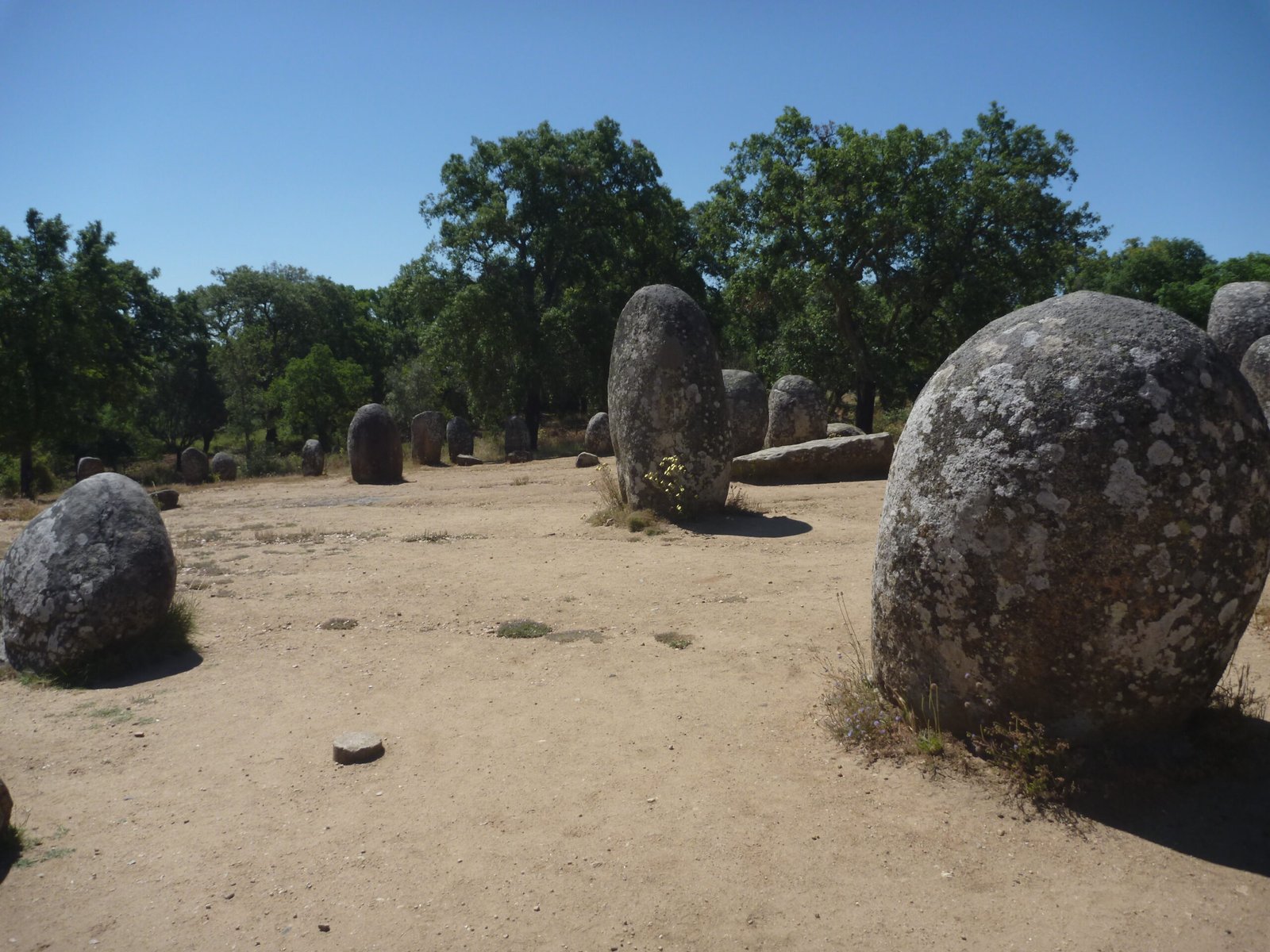
Set within olive orchards and cork trees is a megalithic grouping. These large stones or monoliths were said to be shaped and positioned in Neolithic times. The dirt road getting to the site was treacherous and was praying my car did not breakdown and get me stranded out here on this uninspiring sidetrip.
Evora is a well preserved medieval towns surrounding by walls built in the 1500s. It houses some of the best preserved Roman ruins in the area.
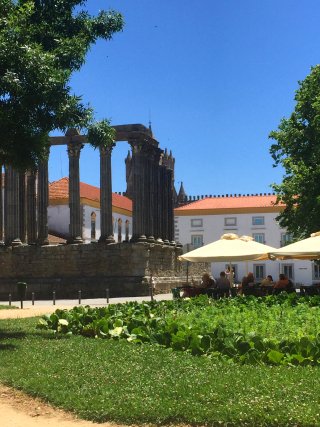
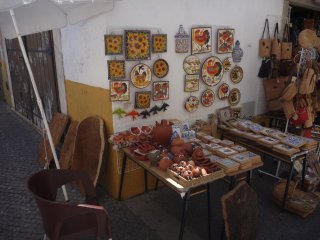
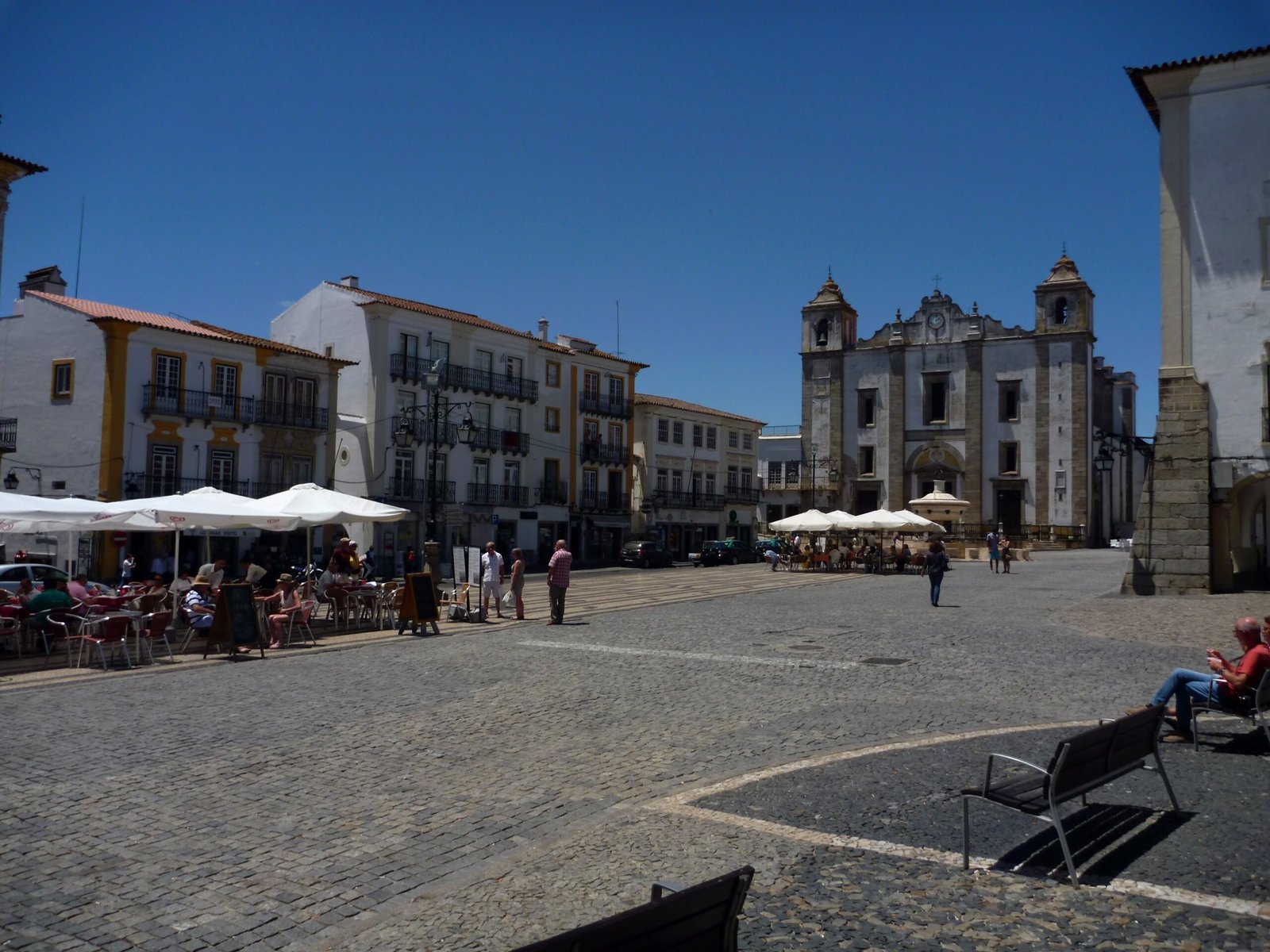
I stumbled onto this chapel of bones
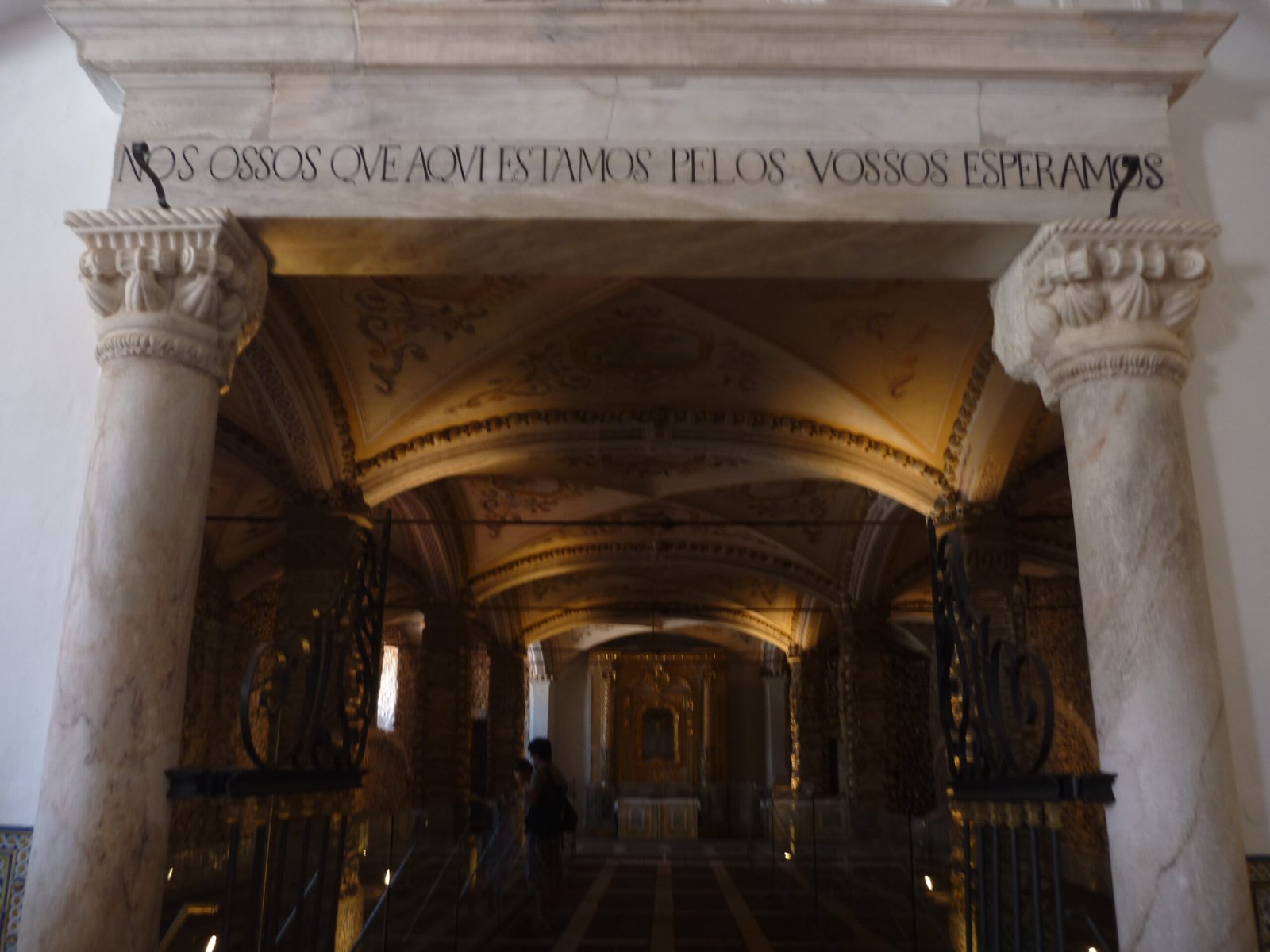

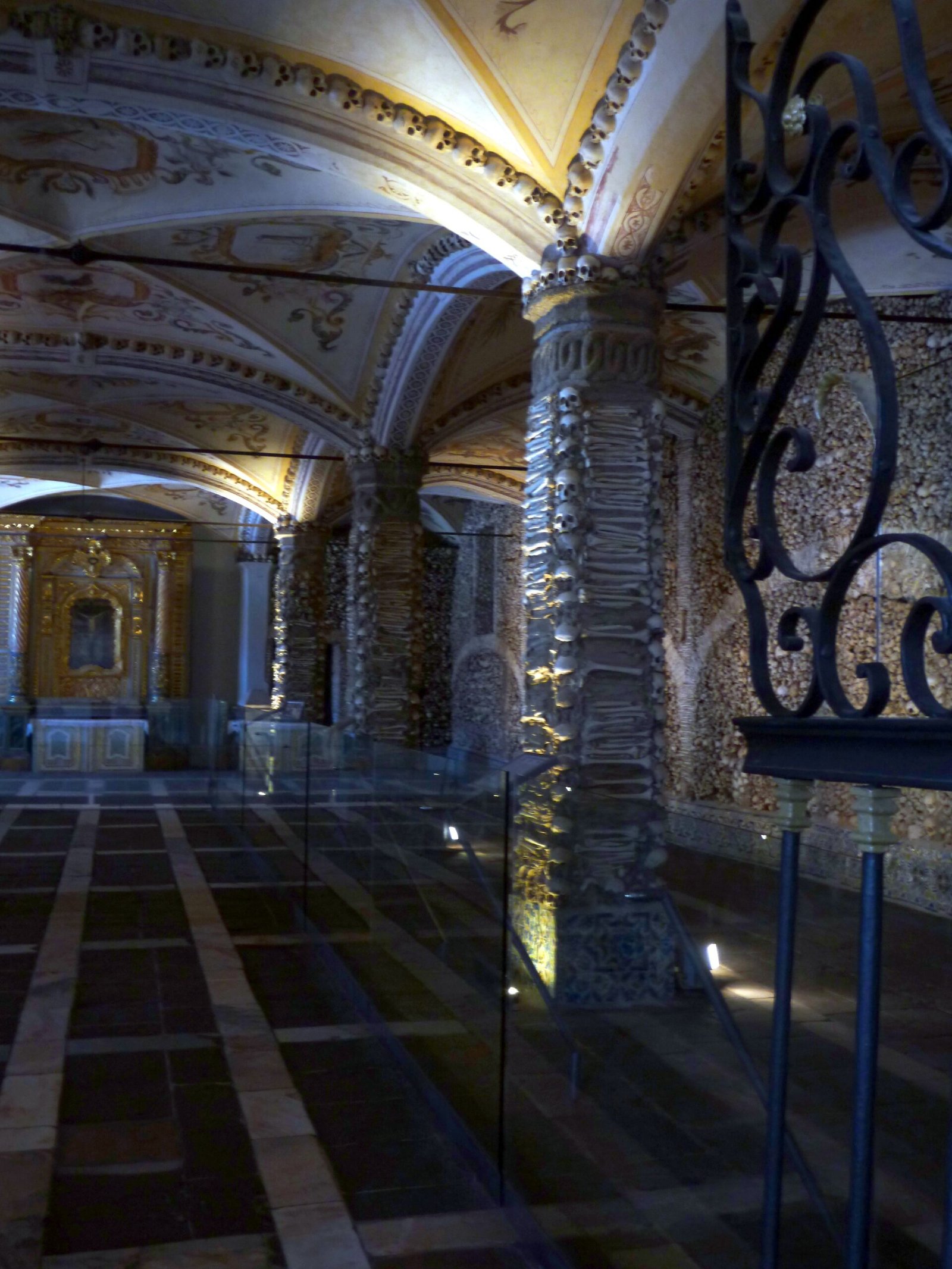
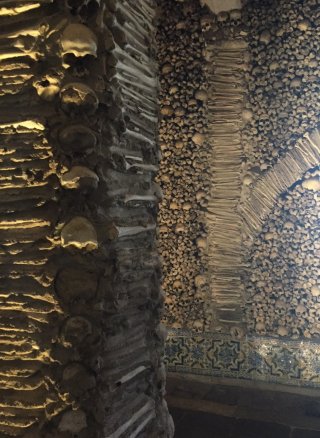
I met up with my host after touring the city and they were kind enough to invite me to dinner. We went out to the grocery store and his wife cooked a meal while we drank and watched Portugal play in the EuroCup. Now this is what I was hoping for from Airbnb!
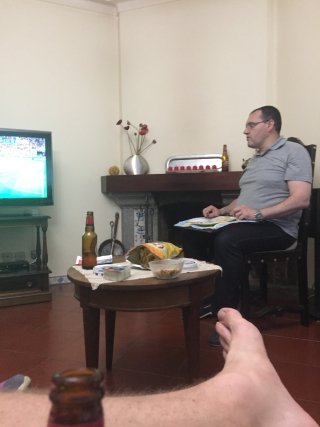
After the game, my host scooted off to choir practice and I walked around the university where he taught as night settled in.
The next day I headed South for the coast after a brief stop in the sleepy towns of Alte and Salir
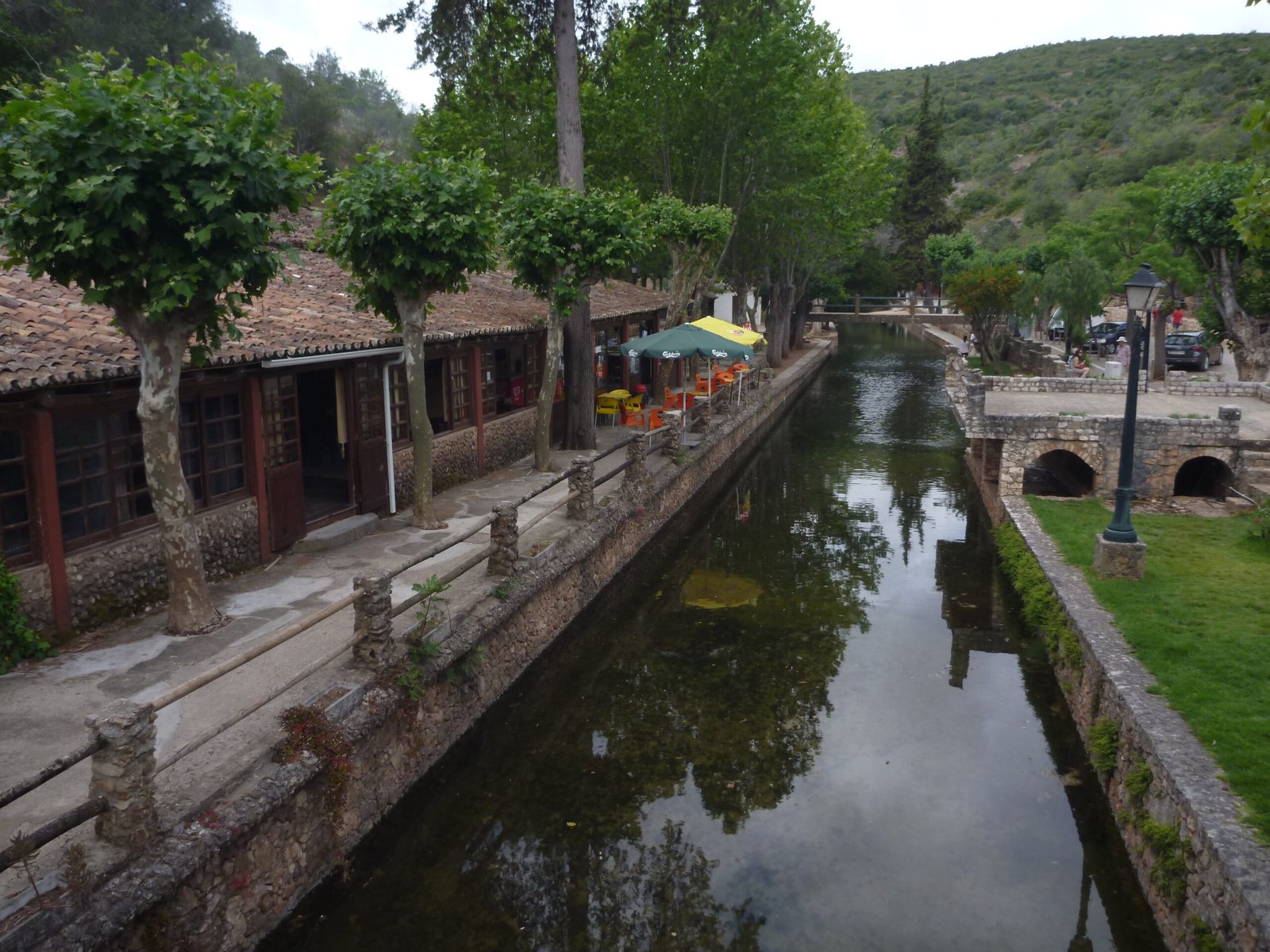
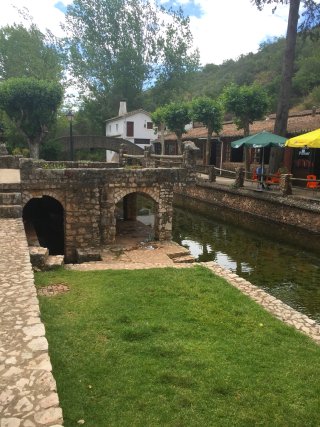
When I hit the coast I stopped in Faro first. It had a walled district. I had emerged on the tourist area of Portugal, Algarve Region.
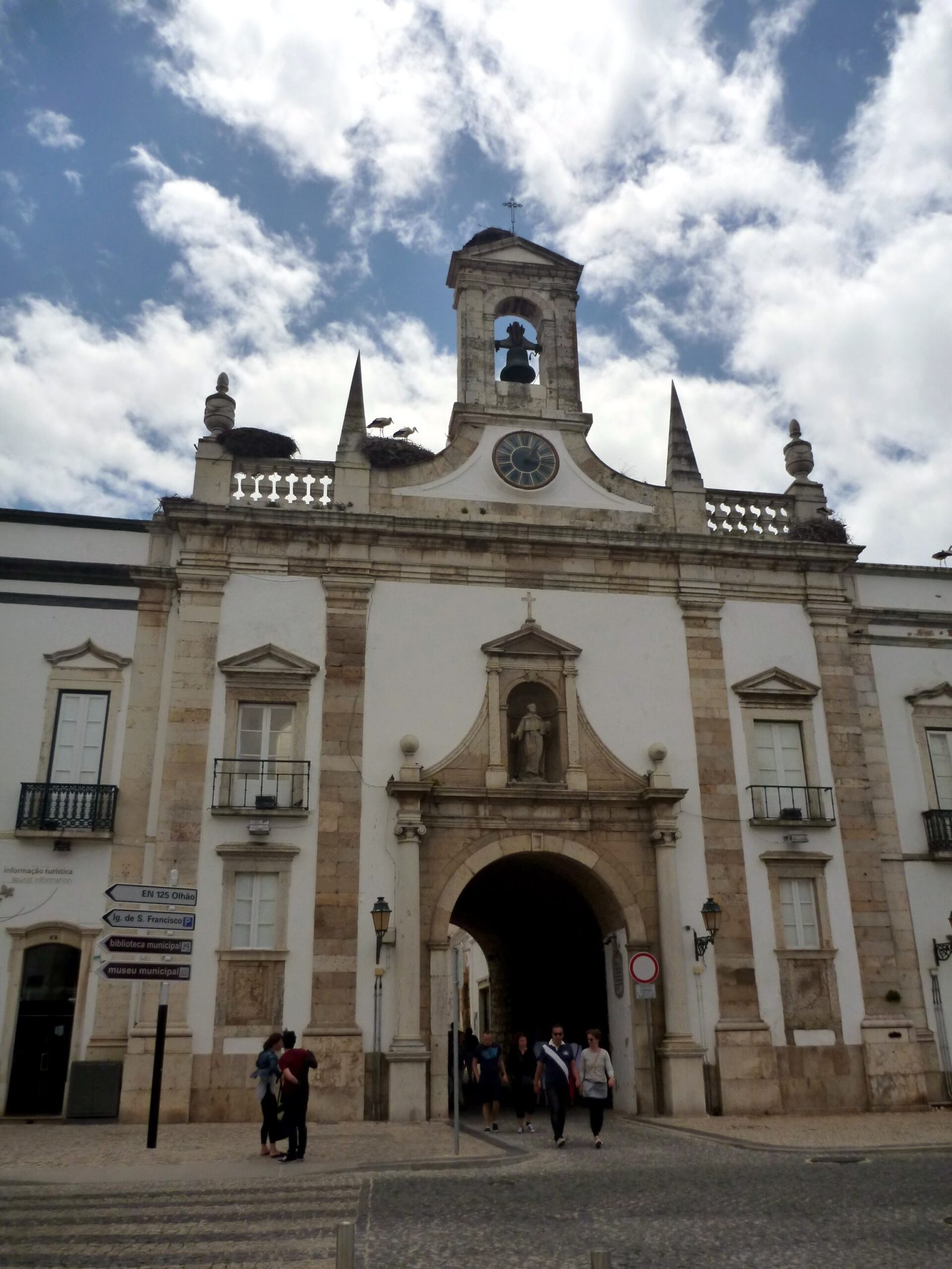
I found a cool seafood restaurant in the harbor where all the fresh catch was on display. I sat down and after getting no service for 30 minutes. I got up and left. These lazy Europeans and their belief in the “no Tip” system.
I finished the day in Tavira. A town a really enjoyed. It sat along a river, with a nice square full of restaurants. It had a upbeat vibe to it without the chaos of the beach towns I would see as I headed east back towards Lisbon


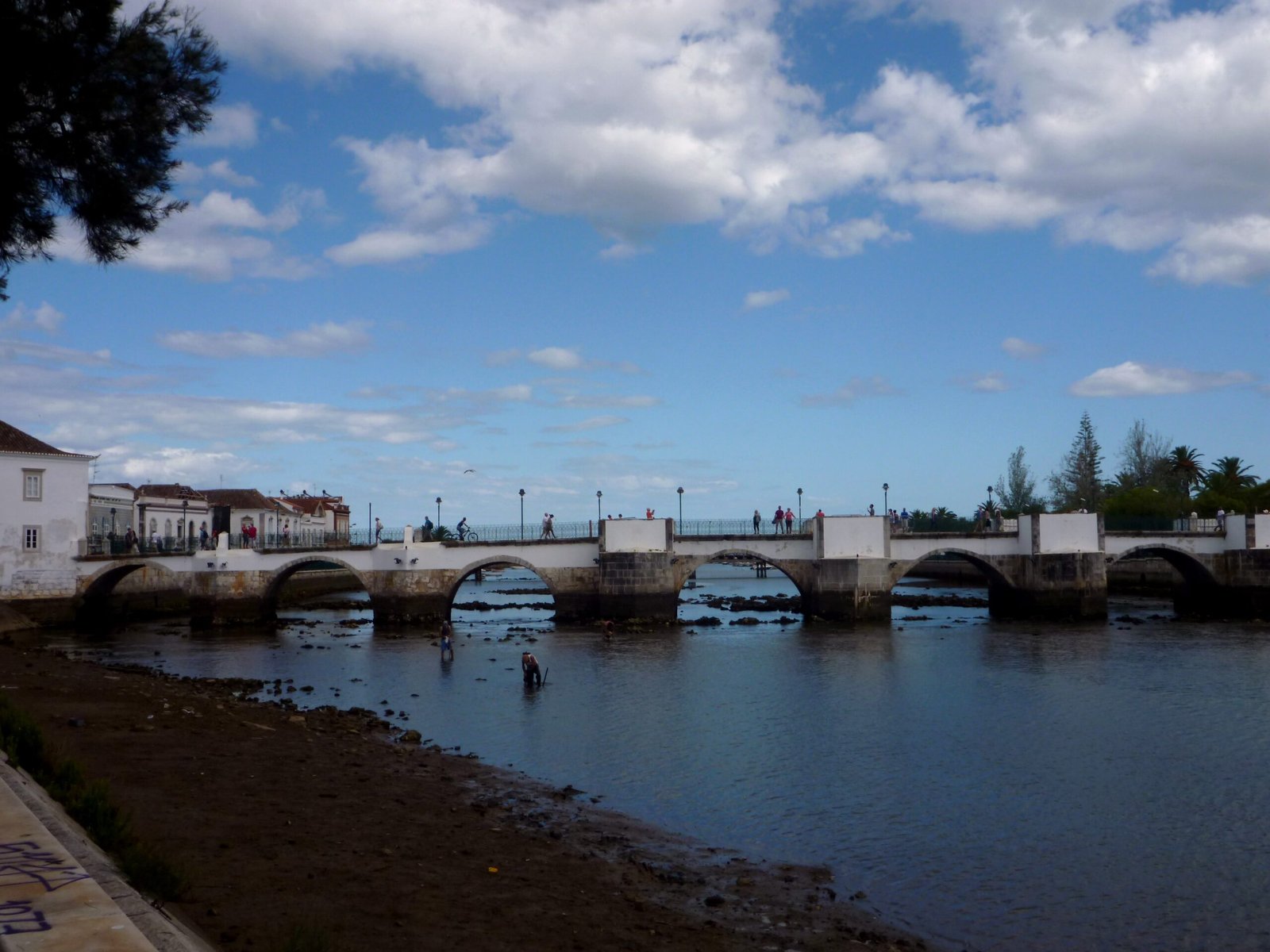
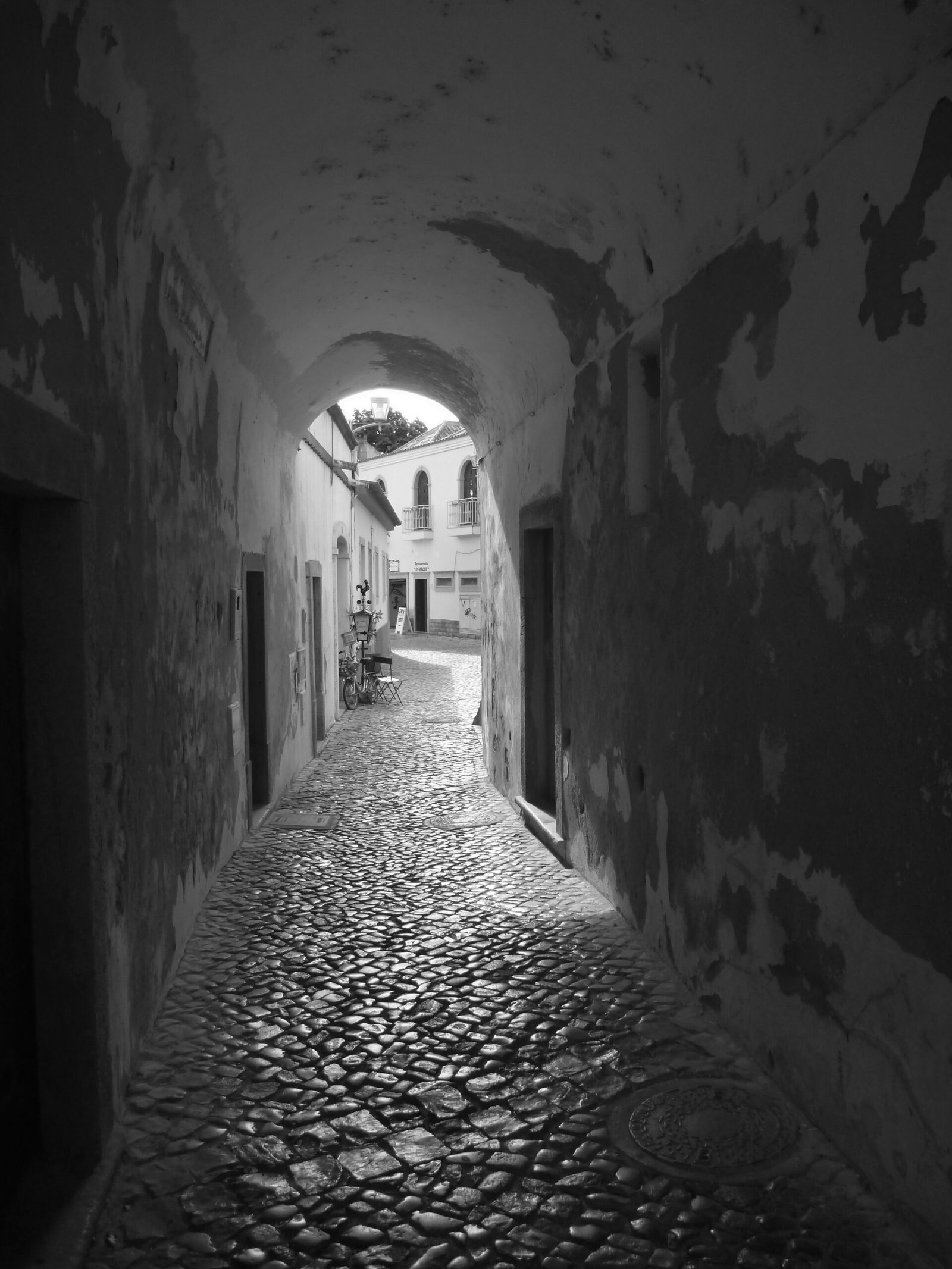
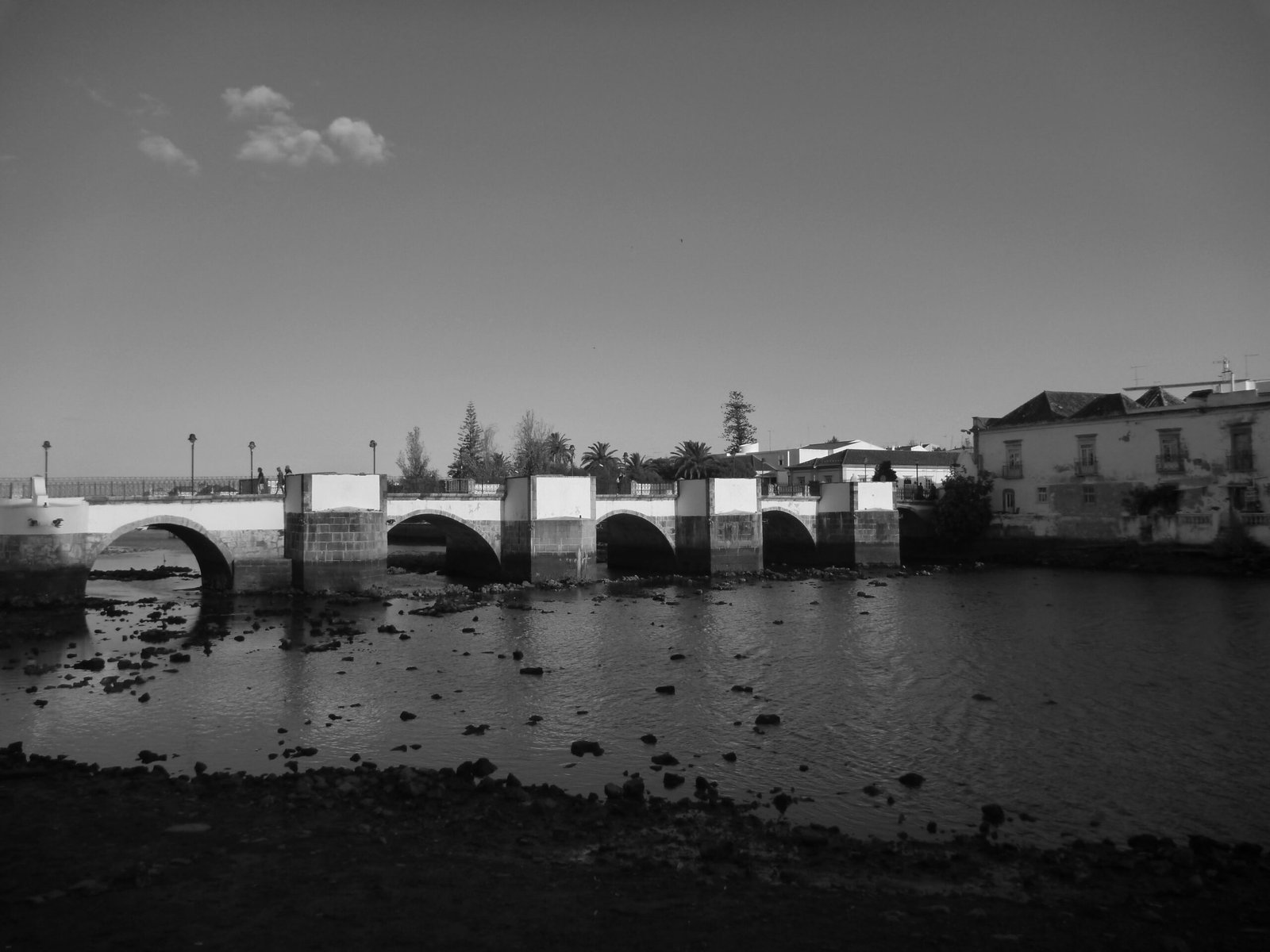
I found a place where they played Fado music. Fado is the music of Portugal. Fado is commonly regarded as simply a form of song which can be about anything, but must follow a certain traditional structure. In popular belief, fado is a form of music characterized by mournful tunes and lyrics, often about the sea or the life of the poor, and infused with a sentiment of resignation, fatefulness and melancholia.
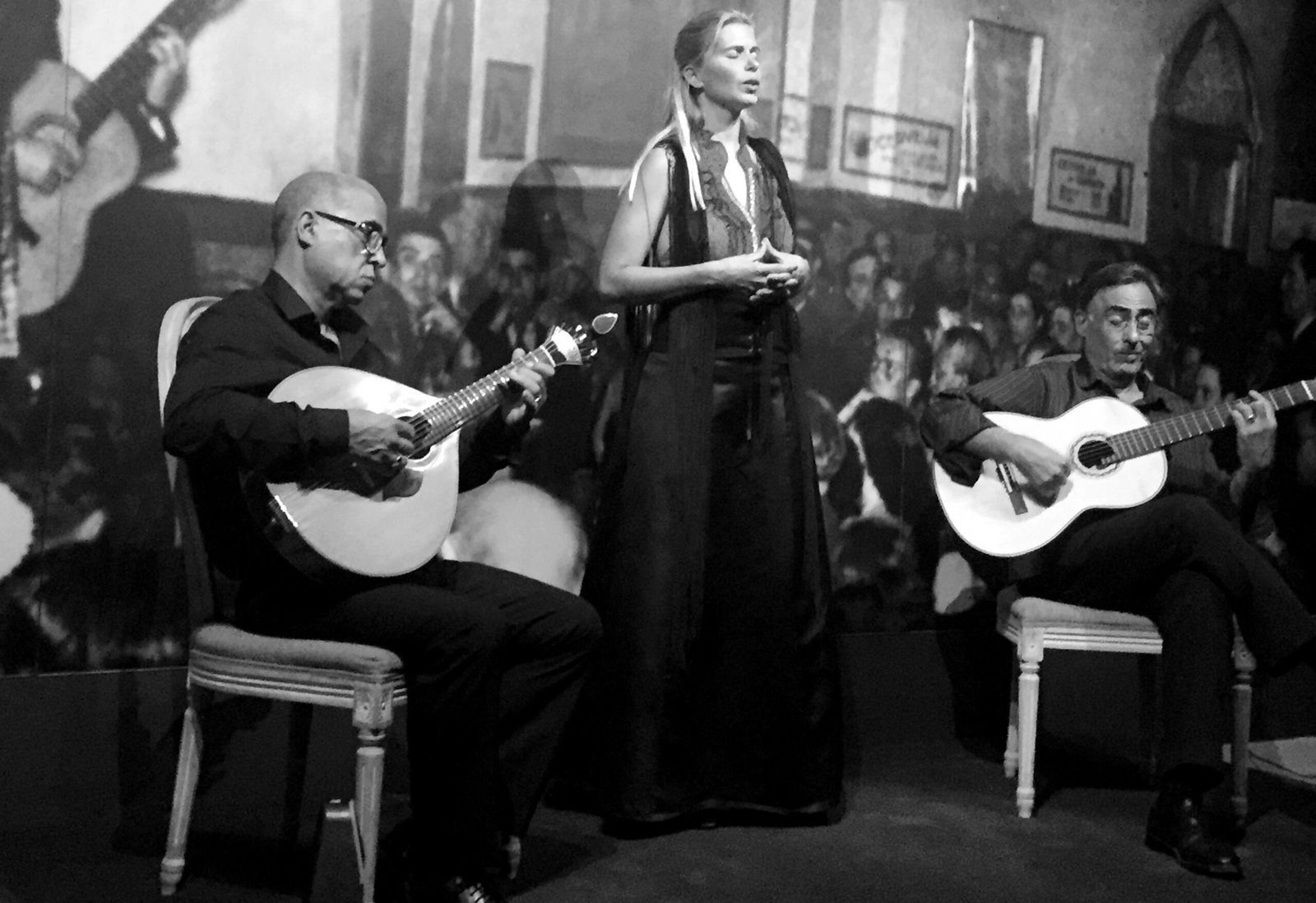
Until Tomorrow
Darren

